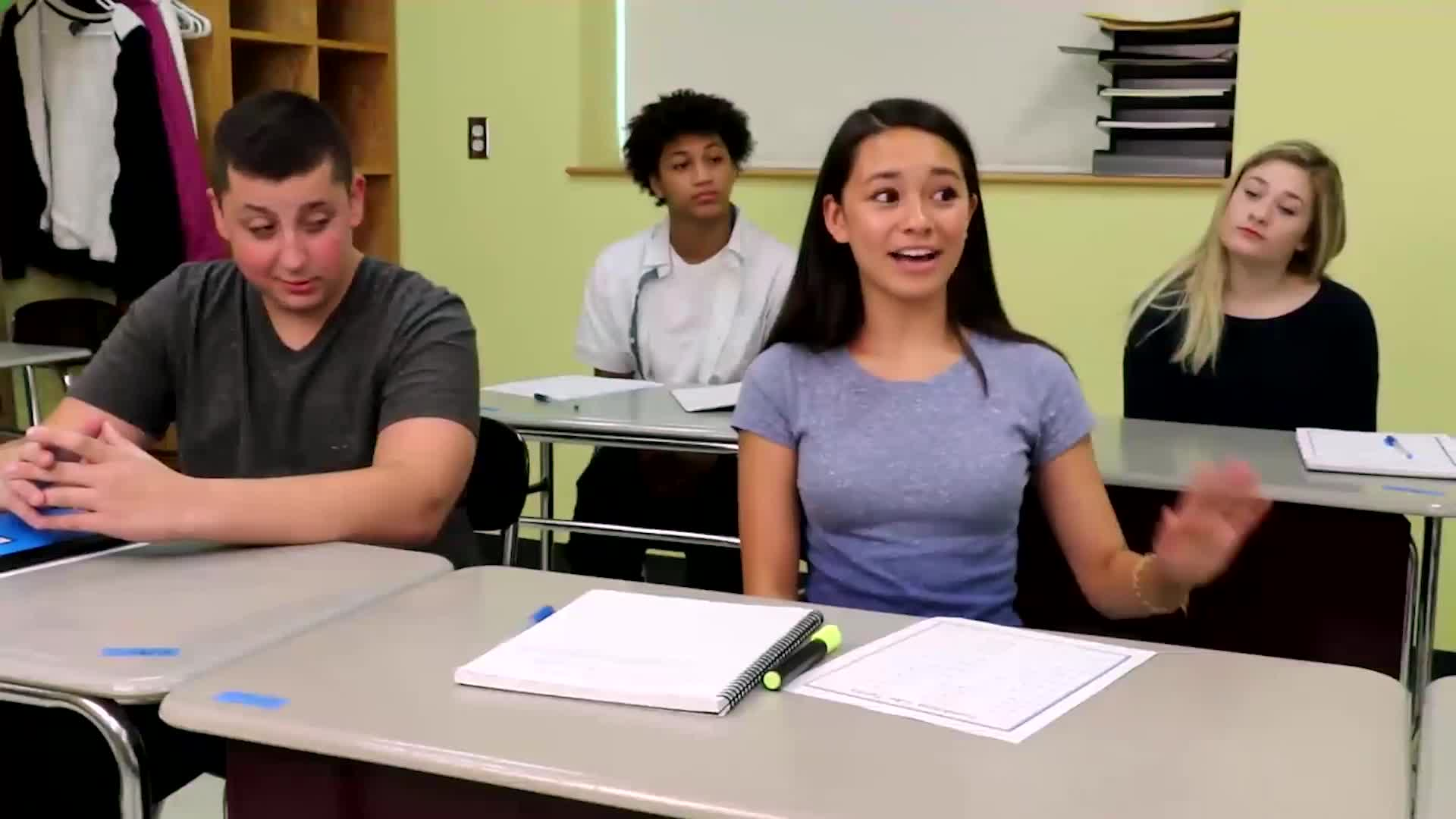
Introduction
Disagreements are a natural part of life, and it’s essential for students to learn how to show respect when expressing different opinions. In this blog post, we’ll explore an activity that requires no preparation, discuss questions to stimulate further conversation on the topic, and suggest related skills to reinforce respectful disagreement. By teaching middle school students these skills, we can help them navigate disagreements while maintaining positive relationships with their peers and educators.
No-Prep Activity
Introduce the concept of respectful disagreement with a simple role-playing activity. Divide the class into pairs, and ask each pair to come up with a topic they have differing opinions on. It could be a favorite movie, a current event, or a school-related issue. Each pair will take turns expressing their opinions while practicing respectful disagreement. Encourage students to focus on their tone of voice, word choice, and body language. After each pair has practiced, bring the class back together for a group discussion on their experiences and observations.
Discussion Questions
- Why is it important to show respect when disagreeing with someone? How does it affect the outcome of the conversation?
- What are some examples of respectful language and tone when expressing a differing opinion? What are some examples of disrespectful language and tone?
- How can we practice disagreeing in an indirect way? Why might this be a more respectful approach in certain situations?
- How do our body language and facial expressions contribute to a respectful or disrespectful disagreement?
- What are some strategies for staying calm and composed when discussing a topic you feel strongly about?
Related Skills
Beyond respectful disagreement, there are several other skills that can help middle school students navigate social situations and maintain healthy relationships. Some of these skills include:
- Active Listening: Encourage students to listen carefully and attentively to the person speaking, showing genuine interest and understanding.
- Empathy: Teach students to put themselves in the other person’s shoes and consider their feelings and perspectives.
- Assertiveness: Help students learn how to express their thoughts and feelings confidently and respectfully, without being aggressive or submissive.
- Conflict Resolution: Provide students with strategies for resolving disagreements and finding common ground, such as compromise and collaboration.
Next Steps
Teaching students the importance of respectful disagreement is a crucial aspect of their social-emotional development. By providing them with practical activities and engaging discussions, educators can help students navigate disagreements in a respectful and positive manner. To further support your teaching efforts, consider signing up for free sample materials from Everyday Speech, which offers a variety of resources to help students develop essential social-emotional skills.

